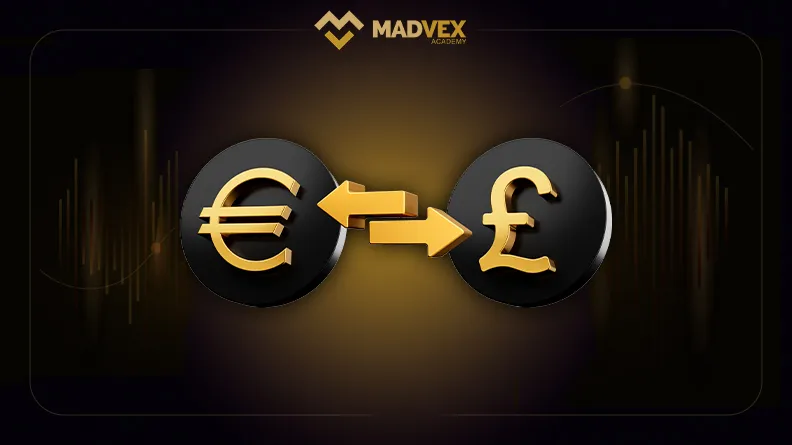In the rapidly evolving world of digital currencies, the Initial Exchange Offering (IEO) has emerged as one of the innovative funding mechanisms that create new opportunities for startups and emerging projects. This article examines the nature of IEOs, how they work, the benefits associated, and the challenges they face, helping you to better understand this digital financing method.
Introduction: Defining the Initial Exchange Offering (IEO)
An Initial Exchange Offering, or IEO, is a fundraising strategy where digital tokens are offered via a cryptocurrency exchange. Unlike an Initial Coin Offering (ICO) which is conducted by the companies themselves, IEOs are managed by digital exchanges acting as intermediaries between investors and the token-issuing projects.

How Does an Initial Exchange Offering Work?
In an IEO, a project seeking to raise funds collaborates with a digital exchange to sell its tokens. These exchanges are platforms that represent the project, offering tokens and assuming the responsibility of vetting and approving the projects. Investors purchase tokens from these exchanges and in return, receive tokens that can potentially be used or traded in the future.
- Project Selection: A blockchain project interested in conducting an IEO approaches a cryptocurrency exchange platform. The exchange evaluates the project based on various criteria, such as the team, technology, roadmap, and potential for success.
- Token Sale Agreement: If the exchange approves the project, a token sale agreement is established between the project and the exchange. This agreement outlines the terms of the token sale, including the token price, total supply, sale duration, and any other relevant details.
- Token Listing: The exchange lists the project’s tokens on its platform, allowing investors to participate in the IEO. Investors must have accounts on the exchange to purchase tokens during the sale.
- Token Sale: The token sale takes place on the exchange platform, where investors can buy the project’s tokens using cryptocurrencies such as Bitcoin or Ethereum. The exchange handles the token sale process, including KYC/AML verification of investors.
- Token Distribution: Once the token sale concludes, the exchange distributes the purchased tokens to investors directly into their exchange wallets. Investors can then choose to hold the tokens on the exchange or withdraw them to their personal wallets.
- Trading: After the token sale, the project’s tokens are tradable on the exchange platform, allowing investors to buy, sell, or trade them with other cryptocurrencies.
Overall, an IEO streamlines the token sale process by leveraging the exchange’s infrastructure and user base, providing investors with a secure and convenient way to participate in fundraising for blockchain projects.

Benefits of Initial Exchange Offerings
Some benefits of Initial Exchange Offerings (IEOs) include:
- Credibility and Trust: IEOs conducted on reputable cryptocurrency exchanges provide a level of credibility and trust to investors, as the exchange has already vetted the project.
- Security: By conducting the token sale on a cryptocurrency exchange platform, investors have added security as the exchange handles the sale process and verifies investors through KYC/AML procedures.
- Liquidity: After the token sale, the project’s tokens are immediately tradable on the exchange, providing liquidity to investors who can buy, sell, or trade the tokens.
- Convenience: Investors can participate in the token sale directly through their exchange accounts, making the process more convenient and accessible.
- Marketing and Exposure: Projects conducting IEOs on exchanges benefit from the exchange’s user base and marketing efforts, potentially increasing exposure and participation in the token sale.
Overall, Initial Exchange Offerings offer a streamlined and secure way for blockchain projects to raise capital and for investors to participate in token sales with added credibility and convenience.
Challenges of Initial Exchange Offerings
However, IEOs also face challenges. The costs associated with running an IEO can be prohibitive for smaller projects. Additionally, dependency on exchanges can mean reduced control for projects over the pricing and distribution of their tokens. Furthermore, regulatory oversight can vary significantly by region, affecting IEOs differently depending on the jurisdiction.
Conclusion
Initial Exchange Offerings (IEO) have been recognized as an effective tool for capital raising in the digital currency world. With the benefits they offer to projects and investors, this method can be seen as an attractive option for digital funding, provided that both projects and investors are aware of the existing challenges and limitations.



